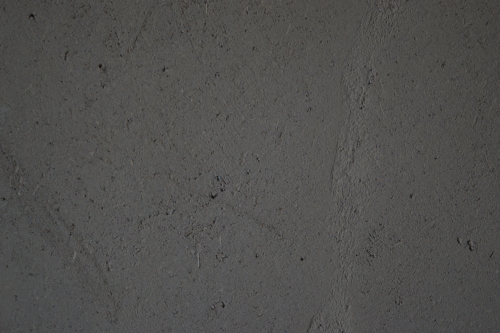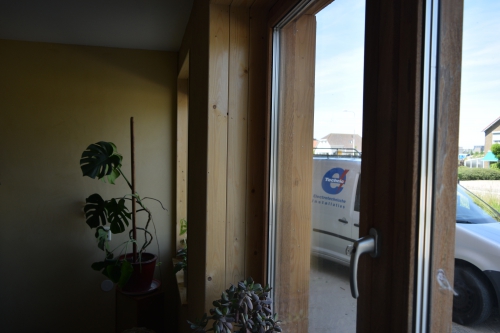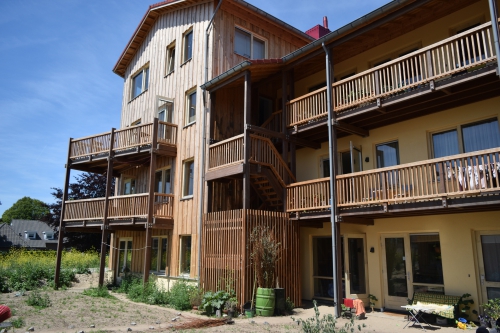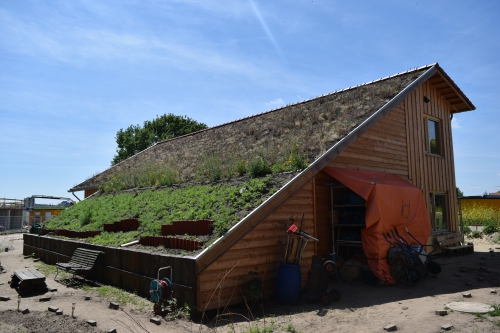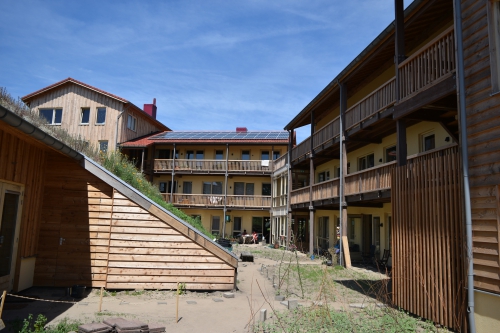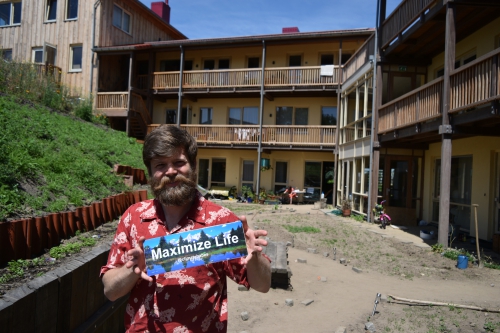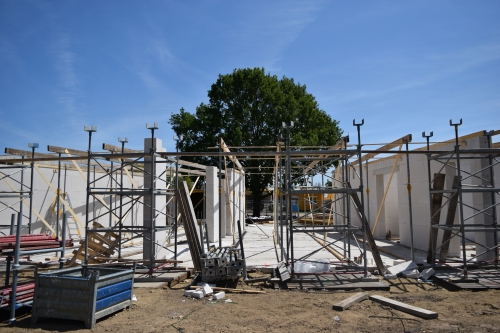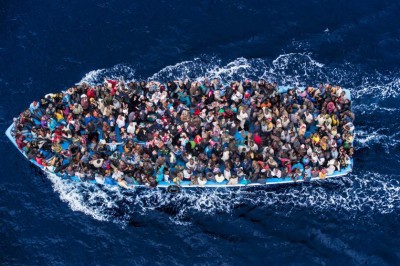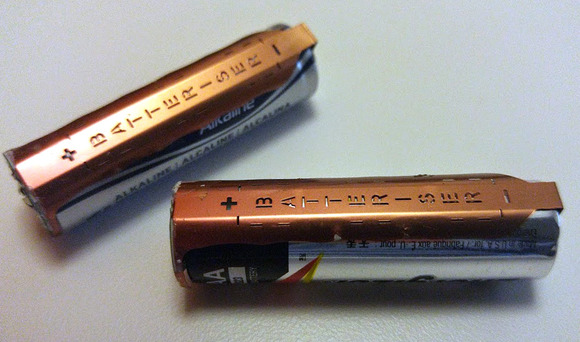Pope Francis has seen the light. He is in many respects an impressive Pope, because his moral positions overlap with that of many atheists, meaning, it is based on experience and observation. Human suffering is to be avoided, humans in dire straits will commit crimes, degrade themselves, and this is not good for the coherence of society.
In his recent encyclical, which is a letter to whomever wants to read it, he explains that be believes the Roman Catholic church has an obligation to protect ‘creation’. This is quite a perfect stance from our point of view, because even though creationism is an incorrect belief, the idea we need to protect life as it presented itself in the last 2000 years is actually what most climate activist and scientist mean when they warn of risks and changes. Life will go on even if the planet warms 12 degrees, but it won’t be us or the animals and plants we know. The Pope has the right focus.
Now all around the world people ‘of faith’ will start to think about ways to protect ‘creation’. The reason they follow this Pope’s advise is because his suggestion is good. It has no drawbacks for normal people. We do what we feel has the least negative consequences, that is how humans operate. Republicans in the US already shown they are a bunch of flaming hypocrites, Jeb Bush saying he doesn’t take econoic advise form the Pope, but that is because wealth is what they care about, and their wealth is born out of fossil fuel economics.
We see a resurgence of ideology over economics. Elon Musk, the Party for the Animals in Holland, the Pope all three are driven by non-economic motives that are none the less valid and good. And in all three cases the ideas and actions find widespread resonance. It is simple : Only caring about maximizing fossil fuel cashflow is not the way most people want to spend their time on Earth.
Renewables mean many parts of Earth become viable to sustain life, because solar electricity can generate water, make fertilizer, drive planting etc. without costing anyone anything
But there is more the Pope could do. In fact he could do something nobody else could or would be motivated to do. He wants to mobilize people to protect creation, he does that by writing, talking and tweeting about it. But he is also the ruler of a small nation, the Vatican. It has a bank, the Vatican bank. This is a unique situation to be in if we think about Extraeconomics.
Extraeconomic rules :
- Start by spending savings, not by going into debt
- Use only renewable energy
- Don’t transact with the world economy
- Sustains its own population
- Create/maintain a significant surplus in resources
- May transact with other extraeconomic zones
Extraeconomics is a new kind of thinking, not in terms of creating enterprises as part of the world economy, but instead creating them as 100% self sufficient operations, which get started by taking from the world economy, but which then stop interacting with it and which create large resouce surplusses (wood, fish, plastic, whatever) and only sustain the people involved in them. They are like martian colonies on Earth, with a mission to replenish resouces, mainly focussing on those that help us keep ‘creation’ alive and well, so carbon sequestering, biodiversity enhancing, carbon capturing activities.
Extraeconomics is not about isolation from the rest of the world, but only about disarming the economic forces that now drive us to exploit,destroy and consume so much more than we would without this misguided economic philosophy. The market is not king, and resources are not limitless. To sustain ourselves over millions of years to come, we need to work within our planetary limits, not follow the demands of fossil fuel producers and use as much of it as fast as possible to make them rich. Because that is what makes our economy so destructive, the drive to sell fossil fuels.
The vatican has build its wealth on banking, it was practically the first bank to print money, and it started doing that right after the printing press was invented. It’s booming sale of indulgences allowed it to thrive and build its grand cathedrals, until people got fed up with paying for redemption and created the protestant and other spin-offs. Now the Vatican could do this once more, by creating a currency for Extraeconomic operations, because internally such operations have to be run like companies, with a big difference, namely without fossil fuel cost. An extraeconomic operation or enterprise has to be 100% renewable energy powered. That said they might be of such a size and complexity that they need a currency, one that does not invite interaction with the wider economy.
The church has always had monestaries, that where usually self sufficient, so in the religious realm extraeconomic systems are nothing new. What is new is that those systems can be set up to protect creation, that we have a Pope that has the motivation to do so, and that it even has all the economic autonomy needed to do it right. It has people motivated to put in the effort, people willing to cooperate, land around the globe, money to take the first resources and a philosophy that will always put life first.
Basically every non-economic ideology could bind people enough to allow them to set up and run an extraeconomic zone/system/enterprise. It is about the focus on preserving ‘creation’ and seeing beyond the limits of fossil fuel economics. Our planet has enormous potential if we use locally available resources, even in the deepest deserts and the middle of the atlantic ocean.
Lets hope Francis gets this..






